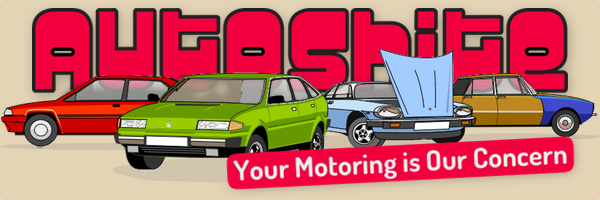Too big to fail? Bailouts, banks and British Leyland...
-
Similar Content
-
Leyland P76
By smoggy,
- 14 replies
- 1,262 views
-
MATCHBOX MGB IN BRITISH RACING GREEN
By Billy - Medhurst,
- 0 replies
- 331 views
-
Abelw44's Foray into British Motoring
By abelw44,
- 11 replies
- 529 views
-
The big book of machines
By bigstraight6,
- 5 replies
- 476 views
-
- 414 replies
- 84,528 views
-






Recommended Posts
Create an account or sign in to comment
You need to be a member in order to leave a comment
Create an account
Sign up for a new account in our community. It's easy!
Register a new accountSign in
Already have an account? Sign in here.
Sign In Now